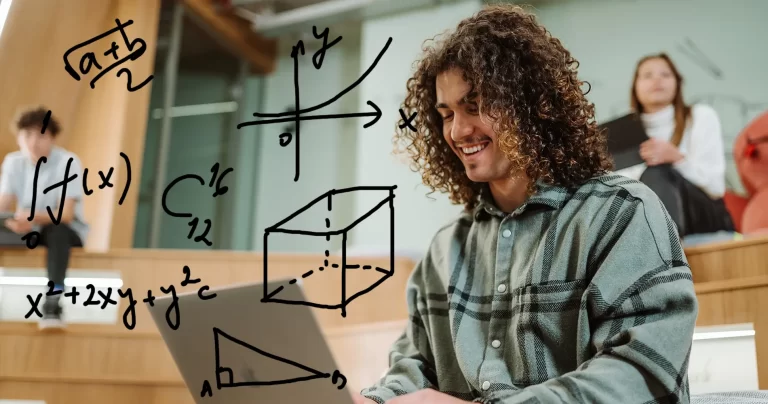Summary of course content
By working systematically, you will build skills for creating programs and use technology at your own pace. You will understand the way it impacts society and your problem-solving skills developed during this Cambridge IGCSE Computer Science course will help you prepare for University.
In this Cambridge IGCSE Computer Science course you will study:
- computational thinking; looking at a problem in terms of representing it on a computer, how can a problem be split down to smaller parts to make it more manageable, how can a problem be converted into an algorithm and then a program to solve the problem, how the data requirements for a problem can be found.
- how to write computer programs using a high-level programming language
- the components that make up a computer system and their function
- the ways that computers can communicate through both wired and wireless connections, including networks and across the internet.
Areas of Study
Candidates study the following topics:
Computer systems
1. Data representation
2. Data transmission
3. Hardware
4. Software
5. The internet and its uses
6. Automated and emerging technologies
Algorithms, programming and logic
7. Algorithm design and problem-solving
8. Programming
9. Databases
10. Boolean logic
How the course is assessed
You will be assessed at the end of the course using two components:Paper 1
– Theory
Paper 2
– Problem-solving and Programming.
Guided Learning Hours
We design Cambridge IGCSE syllabuses based on learners having about 130 guided learning hours for each subject during the course but this is for guidance only. The number of hours a learner needs to achieve the qualification may vary according to local practice and their previous experience of the subject.
Any special requirements
You may assume that all students have access to an Internet connection and a basic computing device such as a mobile phone or a tablet and basic writing materials such as notebooks and pens/pencils. If anything additional to this such as textbooks, a more powerful computing device or specific software or apps are required (including free software) then list the minimum requirements here.
Textbook: (TBC – not available yet due to new syllabus)
- Cambridge IGCSEl Computer Science, Second Edition: Student’s Book
- Watson, D and Williams, H
- Hodder Education
- ISBN:
Computing Device
- While it would be possible to complete the course using a basic device such as a tablet, access to a laptop or desktop computer would be an advantage
Required textbook
Cambridge IGCSE and O Level Computer Science Second Edition, David Watson, Helen Williams, ISBN 9781398318281. You can find the textbook here.
Course code: 0478









